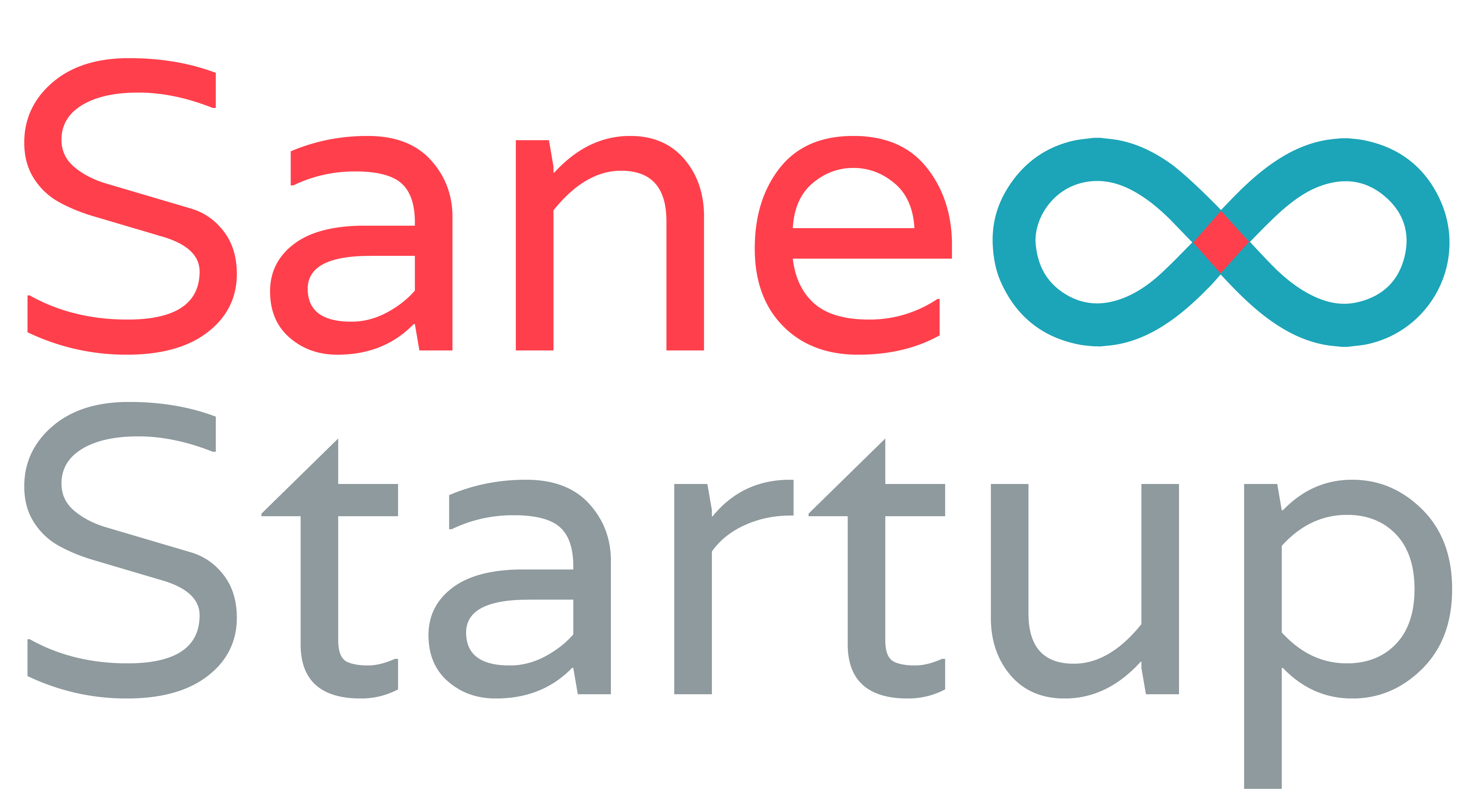07 Dec 2017
One of the biggest mistakes you can make when working with specialists is to approach work estimations like a negotiation.
Remember, this person was hired for their skillset and mastery of craft, so preemptively questioning their value is just going to piss them off.
This does not mean overestimations don’t occur, but I challenge you to resolve these issues by asking discovery questions rather than negotiating.
My belief is that if you ask questions about the process then you’ll better understand the work at hand and come to a mutually expected outcome for the project.
I am a firm believer in knowing a little bit about everything - it helps you better communicate with those you engage and identify parallels between systems.
When work estimates are hotly negotiated, projects inevitably run long or fall short.
Avoid pressuring someone into agreeing to a timeline that they already know is going to miss the mark; work estimations need to be as win-win as realistically possible.
Another popular attempt to resolve timeline problems is usually to “assign additional resources”, however, quantity of labor has diminishing returns.
You can’t hire 100 contractors to successfully remodel a bathroom in an hour, but you can probably hire four to do it in 20 hours - right size the team to maximize efficiency.
My mantra for project leadership is this: if you engage and empower a team by proactively communicating context and expectations then for the most part people will return the favor.
People really appreciate a heads up and it enables them to use foresight when making decisions in their work.
Foster proactivity, don’t cut it short — the goal is sanity.
10 Nov 2017
The hardest decisions are usually the right ones, because they require restraint.
Startups suffering from organizational ADHD commonly struggle with defining the steps towards their future goals and applying their knowledge in successfully completing each step.
What takes their focus is the present and solving all the inevitably immediate issues.
(Yes - I do know it’s a startup and that’s the nature of the beast.)
However, the great traits of startup culture, multi-tasking and pivoting, are often overly abused. Context switching consumes and the organization gets addicted to hacks and quick-wins.
If not managed, healthy and sustainable practices will never take root, because there is too much outstanding work to be done without a massive slow-down of velocity or increase of labor.
Using foresight is always best practice.
My mantra is this: The decision I’m making now is setting a precedent for those who come after me; would I be satisfied if my fellow employee was completing this task in the same manner?
Now executing best practices from the beginning is insanely difficult, because there is an upfront investment in documentation, building out processes, and configuring automation.
Therefore, reigning in on multi-tasking and context switching is crucial. Select a limited number of initiatives to pursue, define the phases of the project, and time box your investment.
If you have these things identified, then you must commit and start executing best practices from the very beginning.
Now remember, show restraint and do not rush - give your initiatives adequate time to prove themselves.
07 Nov 2017
Working in startups is insanity, it’s the very definition of it.
But not for the reasons you might think.
Most people would describe startup culture as some combination of exciting, agile, fast-paced, progressive, impactful, and innovative — and they would be right.
It could simultaneously be described as chaotic, reactive, distracting, and lean. There’s good reason these qualities are so prevalent: it’s because you’re working tirelessly to scratch out your existence.
For all these negative attributes, they’re not the reason being in a startup is insane.
What IS insane, is that companies repeatedly self-inflict many negative experiences. They never reach a point of internal stability to foster sane scalability.
There is too much damn emphasis on simply “working hard” at startups.
End this insanity now! Stop repeating the mistakes of all the startups before you, such as:
- Being over dependent on individuals
- Lack of checkpoints and health checks
- Solving problems by brute force through over hiring
- Culture instability
- Operational volatility
My recommendation is to truly prioritize and invest in fixing efficiency problems early on, as well as installing safety checks within your processes.
People work faster when they’re confident they aren’t going to mess up and you can’t establish accountability without guidelines. Focus on working hard at working smart.
Most scale oriented problems are significantly cheaper to resolve sooner than later, so do not delay.
Run sane startups today!
06 Nov 2017
The Sane Startup blog is a practical guide to fostering sane culture while working at a startup. I feel that there are too many organizations out there trapped in negative patterns and self-inflicting many of their problems.
I truly believe there are straight-forward ways to address these problems and better the startup environment.
Working at a startup is one of the most wonderful and rewarding experiences one can have. I possess a strong entrepreneurial spirit, so the problems and challenges faced in scaling a startup are the ones I find most inspiring.
However, too often in the tech startup industry these positive defining attributes become excuses in making short-sighted decisions.
The problems that startups face are difficult enough, so preventing as much self-inflicted damage as possible is priority number one. There are too many smart people working collectively across startups to continually make these easily preventable mistakes.
Let me challenge your perspective and share my thoughts on how we can elevate positive practices within startup culture.
-AM
